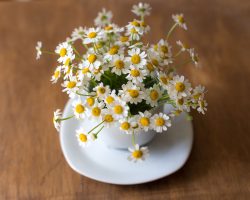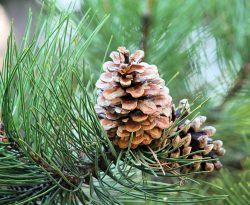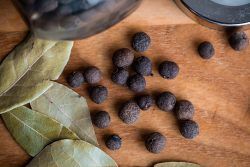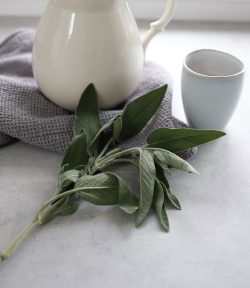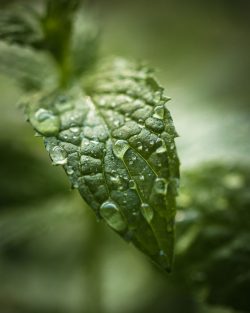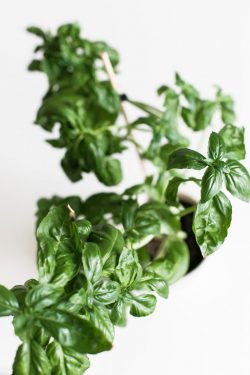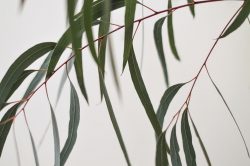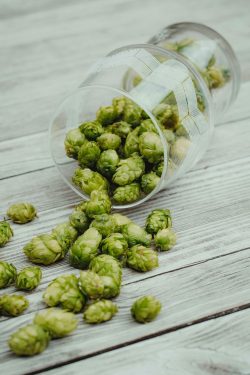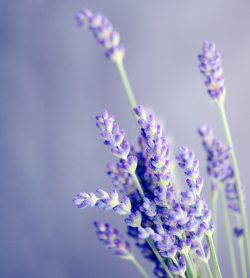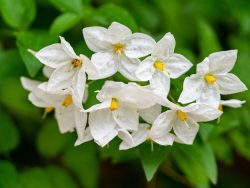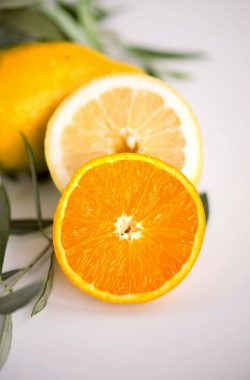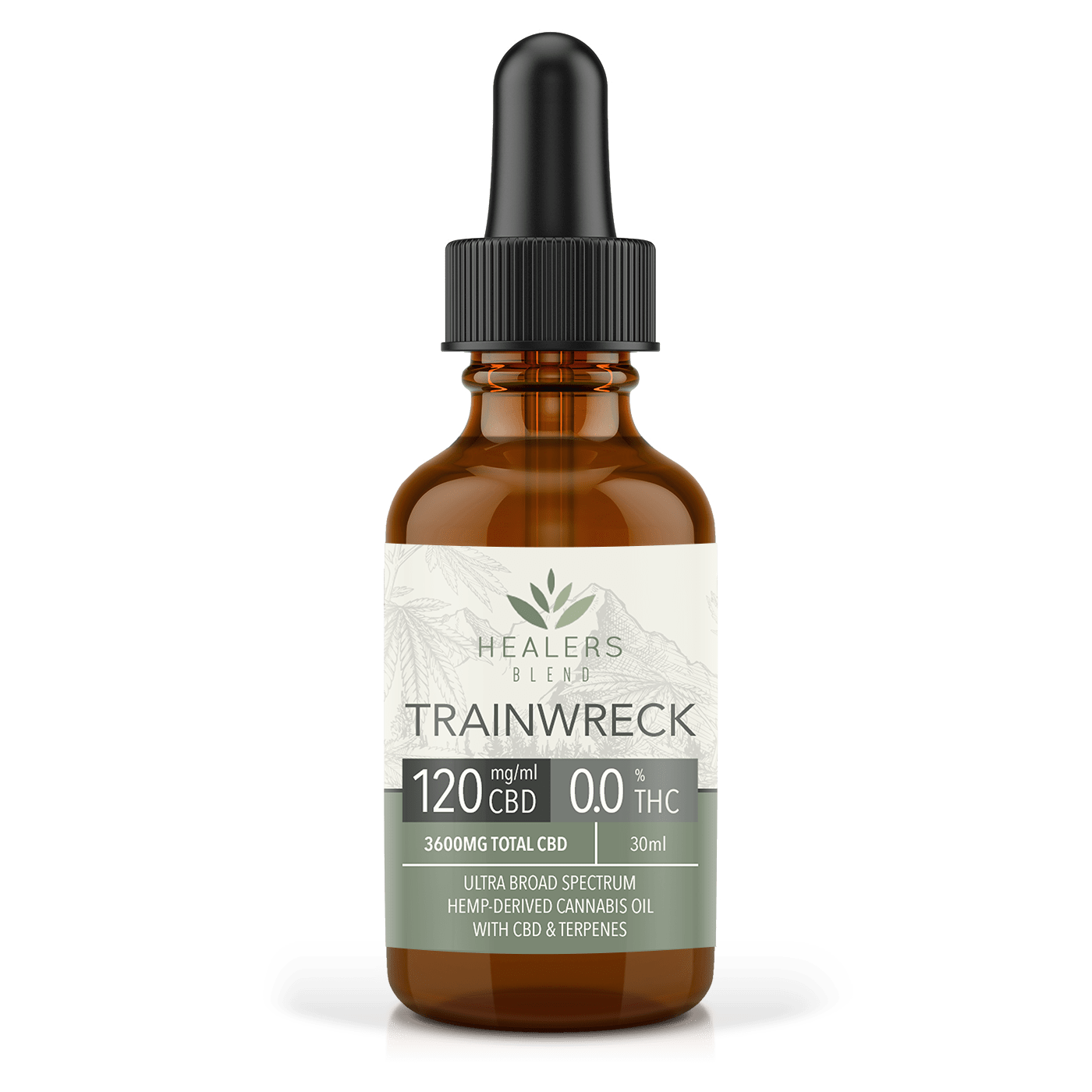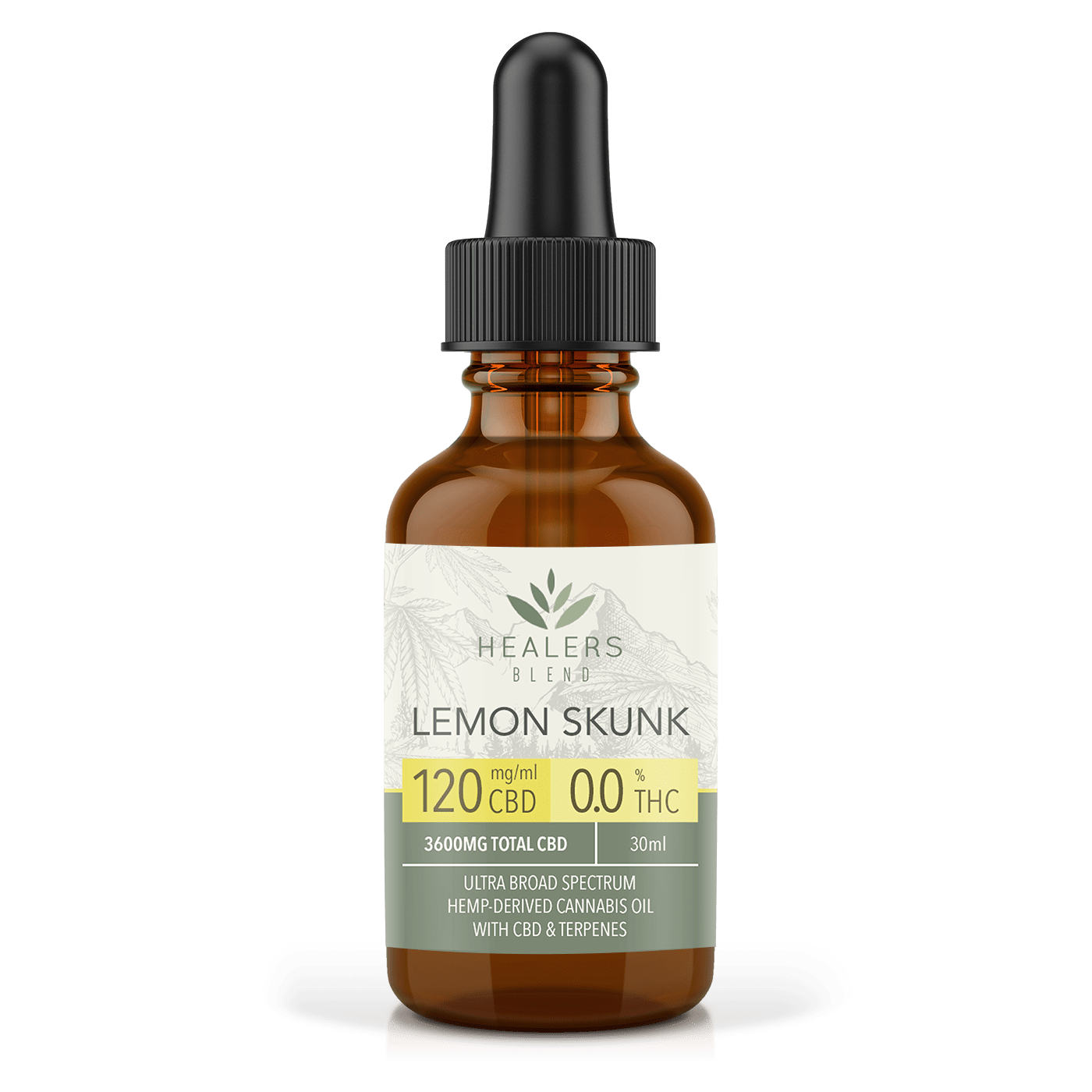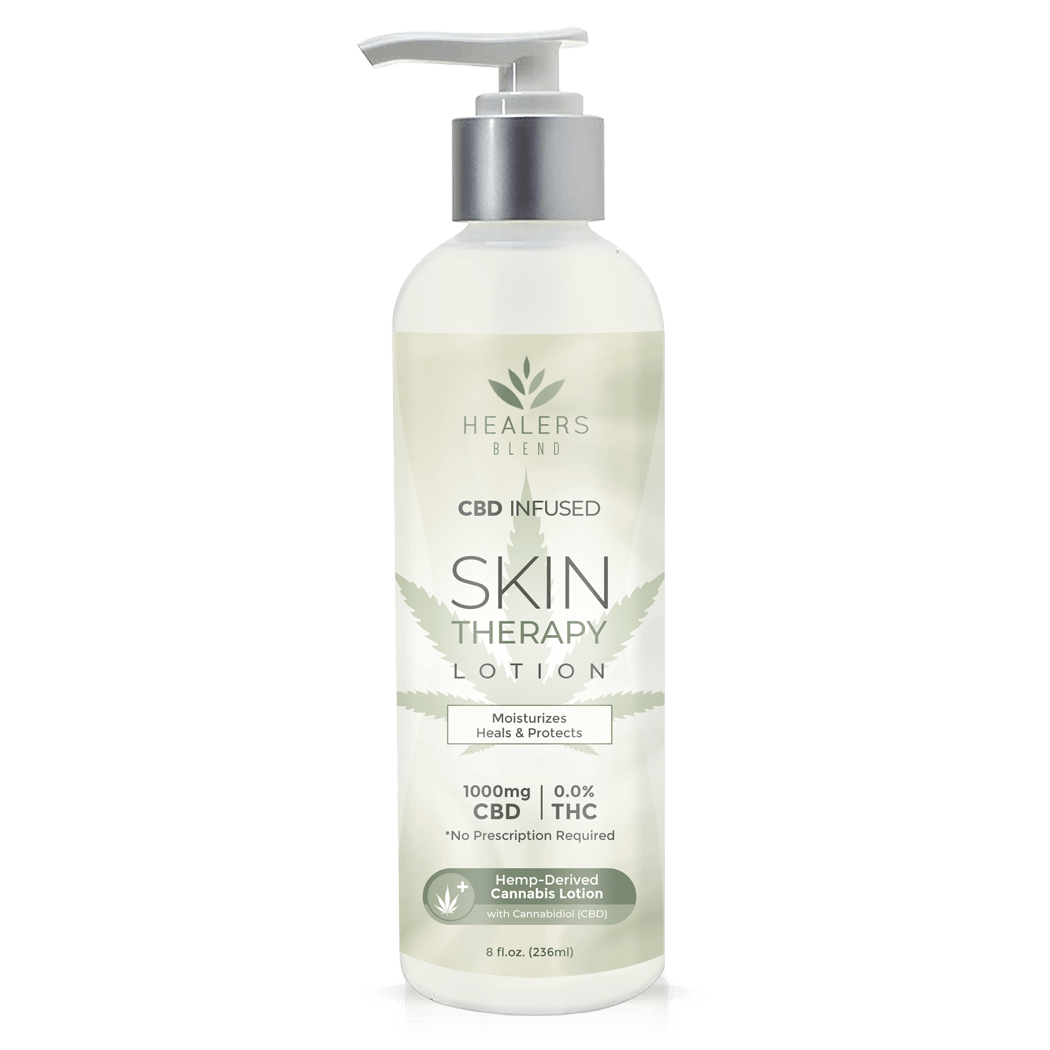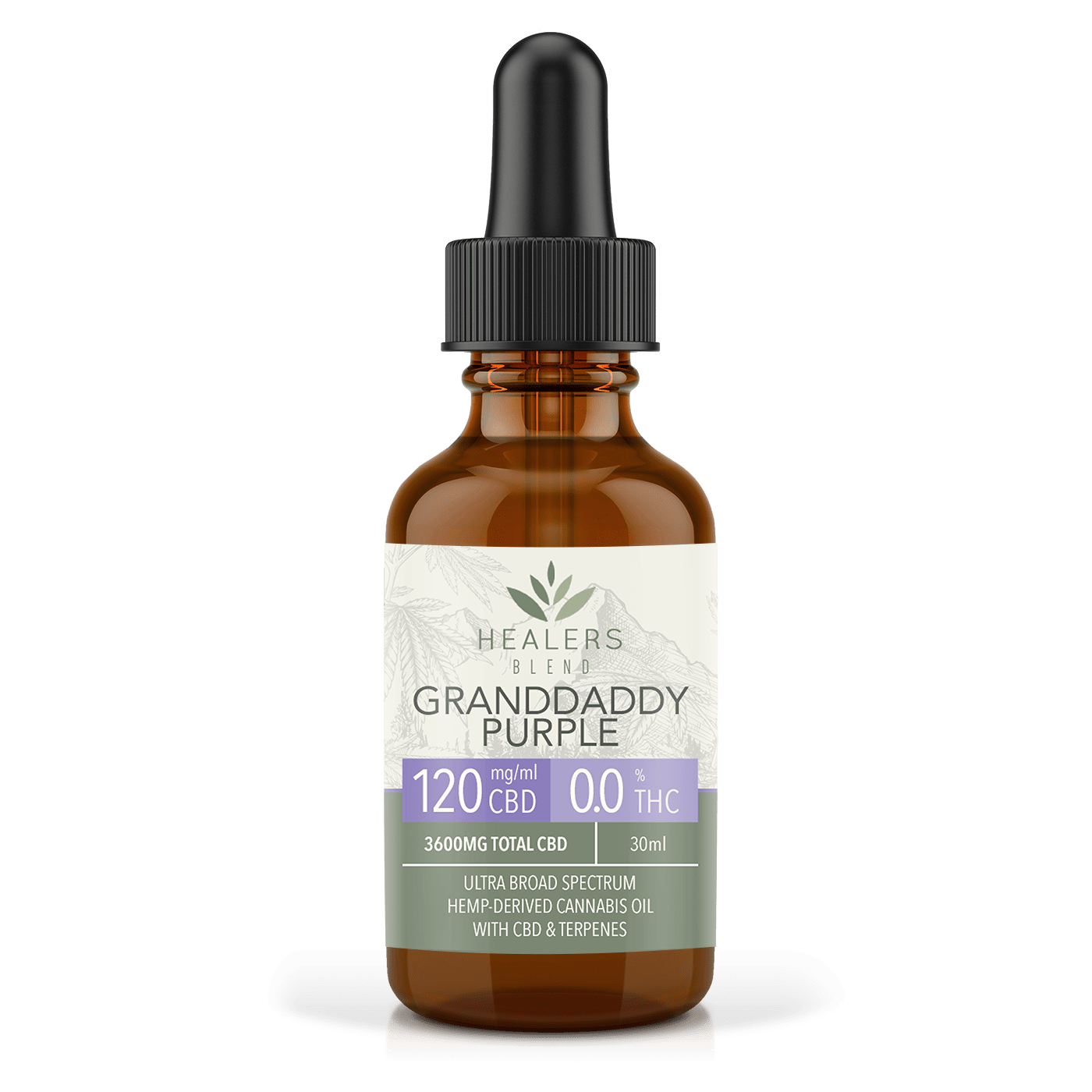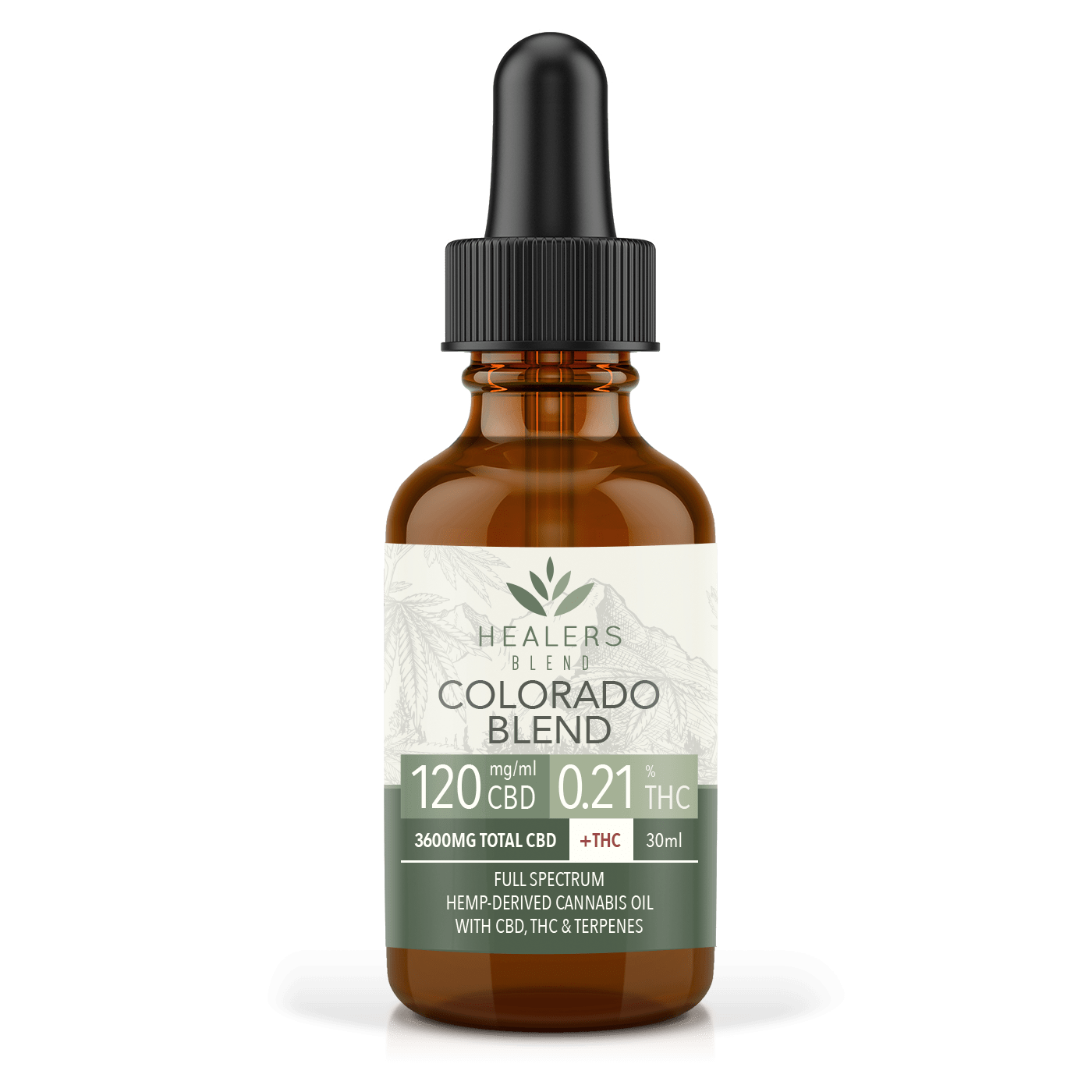Welcome to the Healers Blend Learning Lab! The information in these pages are designed for both the general consumer, as well as, health and medical practitioners seeking to expand their working knowledge of cannabis and the potential of cannabinoid based therapies. While we work to ensure the information in these pages and resources is accurate and up to date, we do not make any claims as to the veracity or totality of the information contained herein. Research into cannabis as medicine is ongoing and our understanding of its many potential benefits continues to grow everyday. Our hope is that you will find this information beneficial and inspiring in your own search to better understand the potential of this incredible plant to increase overall health, vitality, and well-being. CBD products are not approved by the FDA for the diagnosis, cure, mitigation, treatment, or prevention of any disease. We are restricted from making any claims about the efficacy of our specific CBD products to treat or cure any disease or medical conditions. You should always seek the advice of a physician before adding nutritional supplements to your diet. The following information is presented for educational purposes only. Healers Blend provides this information to provide an understanding of the potential applications of cannabidiol. Links to third party websites do not constitute an endorsement of these organizations by Healers Blend and none should be inferred.
Description
Valencene can be found most in the following strains: Super Lemon Haze
Valencene is a bicyclic sesquiterpene with a sweet, fresh, citrusy, grapefruit, woody, orange odor. Valencene has been shown to have anti-inflammatory properties, lowering the levels of inflammatory markers in macrophages.
Effects
Anti-inflammatory
Research
Anti-inflammatory
Valencene in the oil of Cyperus rotundus rhizomes was shown to increase heme oxygenase -1 expression, which was correlated with significant inhibition of iNOS/NO production in LPS-activated RAW264.7 cells. Valencene also showed inhibition of high mobility group box-1 in LPS-activated macrophages and increased survival rates in cecal ligation and puncture-induced sepsis in mice. It was concluded that through HO-1 induction, anti-inflammatory effects were observed.
A-Z Index of Terpenes:
-
Alpha Bisabolol
EFFECTS: Analgesic, Anti-cancer, Anti-inflammatory, Antifibrosis, Antifungal, Antocoagulant, Drug Potentiator.
Learn about Alpha Bisabolol »
-
Alpha Pinene
EFFECTS: Anti-bacterial, Anti-cancer, Anti-inflammatory, Bronchodilator, Memory Enhancer.
Learn about Alpha Pinene »
-
Beta Caryophyllene
EFFECTS: Analgesic, Anti-inflammatory, Antioxidant, Gastric-protective.
Learn about Beta Caryophyllene »
-
Beta Pinene
EFFECTS: Expectorant, Bronchodilator, Anti-inflammatory, Antiseptic.
Learn about Beta Pinene »
-
Borneol
EFFECTS: Analgesic, Anti-cancer, Anti-inflammatory, Antifibrosis, Antifungal, Antocoagulant, Drug Potentiator.
Learn about Borneol »
-
-
-
Eucalyptol
EFFECTS: Anti-Alzheimer's, Anti-Asthma, Anti-bacterial, Anti-cancer, Anti-inflammatory, Antioxidant.
Learn about Eucalyptol »
-
-
-
Limonene
EFFECTS: Anti-anxiety, Anti-cancer, Anti-inflammatory, Antidepressant.
Learn about Limonene »
-
Linalool
EFFECTS: Analgesic, Anti-anxiety, Anti-inflammatory, Anticonvulsant, Sedative.
Learn about Linalool »
-
-
-
-
-
-
Terpineol
EFFECTS: Antibacterial, Antioxidant, Anti-cancer, Sedative, Anti-inflammatory.
Learn about Terpineol »
-
-


